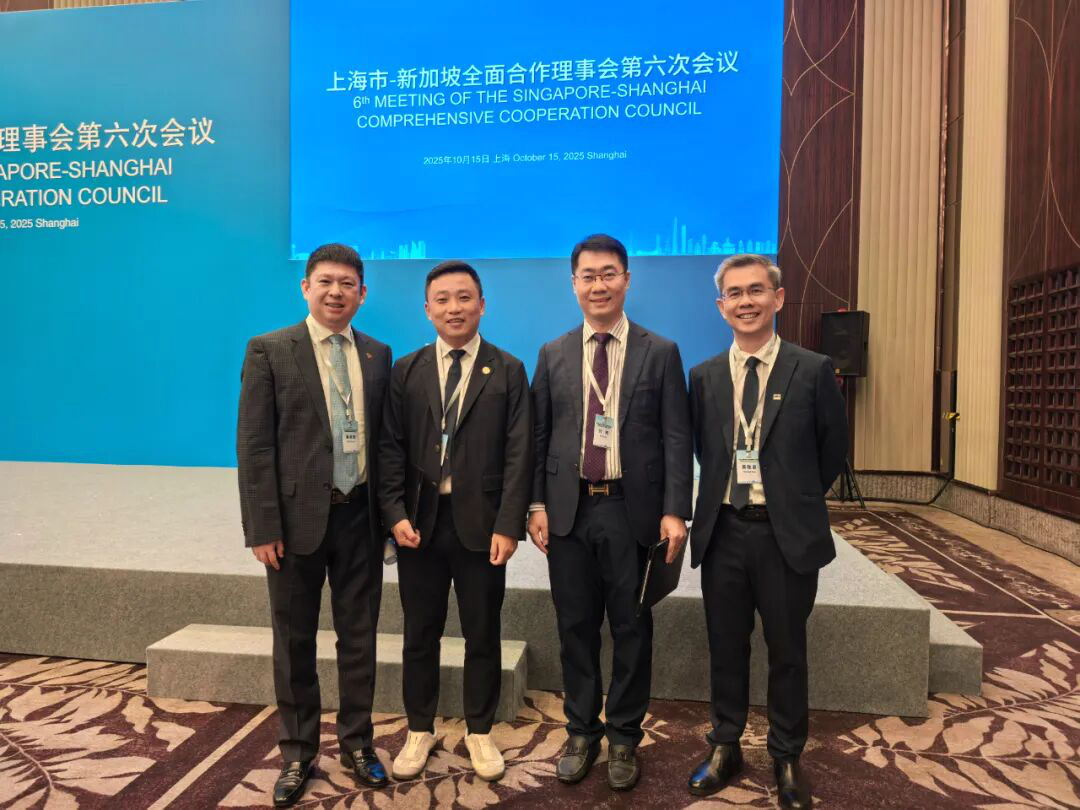In an era where digital infrastructure underpins nearly every aspect of our lives, from banking, automotive to healthcare, the integrity of our software supply chain has never been more critical. Recent data from cybersecurity experts paints a stark picture: software supply chain attacks are occurring at an alarming rate of one every two days in 2024. This surge in attacks, targeting U.S. companies and IT providers most frequently, poses a severe threat to national security and economic stability.
The repercussions of these attacks extend far beyond the immediate targets. With aerospace, healthcare, and manufacturing sectors heavily impacted, the downstream effects can be catastrophic. A single breach in the supply chain can compromise hundreds, if not thousands, of organizations, exploiting the trusted access these suppliers have to their customers' environments.
Traditional cybersecurity measures are no longer sufficient. The complexity and interconnectedness of modern software ecosystems demand a more sophisticated approach. This is where solutions like Scantist come into play, offering a robust defense against the rising tide of supply chain attacks.
Scantist's approach aligns perfectly with the defense-in-depth strategy that cybersecurity experts are advocating. By providing comprehensive visibility into the software supply chain, Scantist enables organizations to identify vulnerabilities and potential threats before they can be exploited. Its advanced scanning capabilities can detect malicious code injections, outdated components, and other security risks that might otherwise go unnoticed.
Moreover, Scantist's emphasis on continuous monitoring addresses one of the key challenges in supply chain security: the dynamic nature of software development. In an environment where code is constantly updated and new dependencies are introduced, point-in-time assessments are no longer adequate. Scantist's real-time monitoring ensures that organizations always have an up-to-date view of their security posture.
The importance of such tools cannot be overstated. As we've seen with high-profile incidents like the SolarWinds breach, the consequences of a supply chain attack can be far-reaching and long-lasting. By implementing solutions like Scantist, organizations not only protect themselves but also contribute to the overall resilience of our digital ecosystem.
However, technology alone is not enough. To truly safeguard against these sophisticated threats, we need a cultural shift in how we approach software development and procurement. Organizations must prioritize security at every stage of the software lifecycle, from initial design to deployment and beyond. This includes rigorous vetting of third-party vendors, regular security audits, and the implementation of zero-trust architectures.
The government also has a role to play. Stricter regulations and standards for software supply chain security are necessary to ensure that all organizations, regardless of size or sector, are maintaining adequate security measures. Initiatives like the National Institute of Standards and Technology's guidelines on supply chain risk management are a step in the right direction, but more needs to be done to enforce these best practices across the industry.
In conclusion, the surge in software supply chain attacks is a wake-up call for businesses and policymakers alike. We can no longer afford to treat cybersecurity as an afterthought. By leveraging advanced solutions like Scantist and fostering a culture of security-first development, we can build a more resilient digital infrastructure capable of withstanding the evolving threats of the 21st century. The cost of inaction is simply too high – it's time to take decisive action to secure our software supply chains.




.png)
